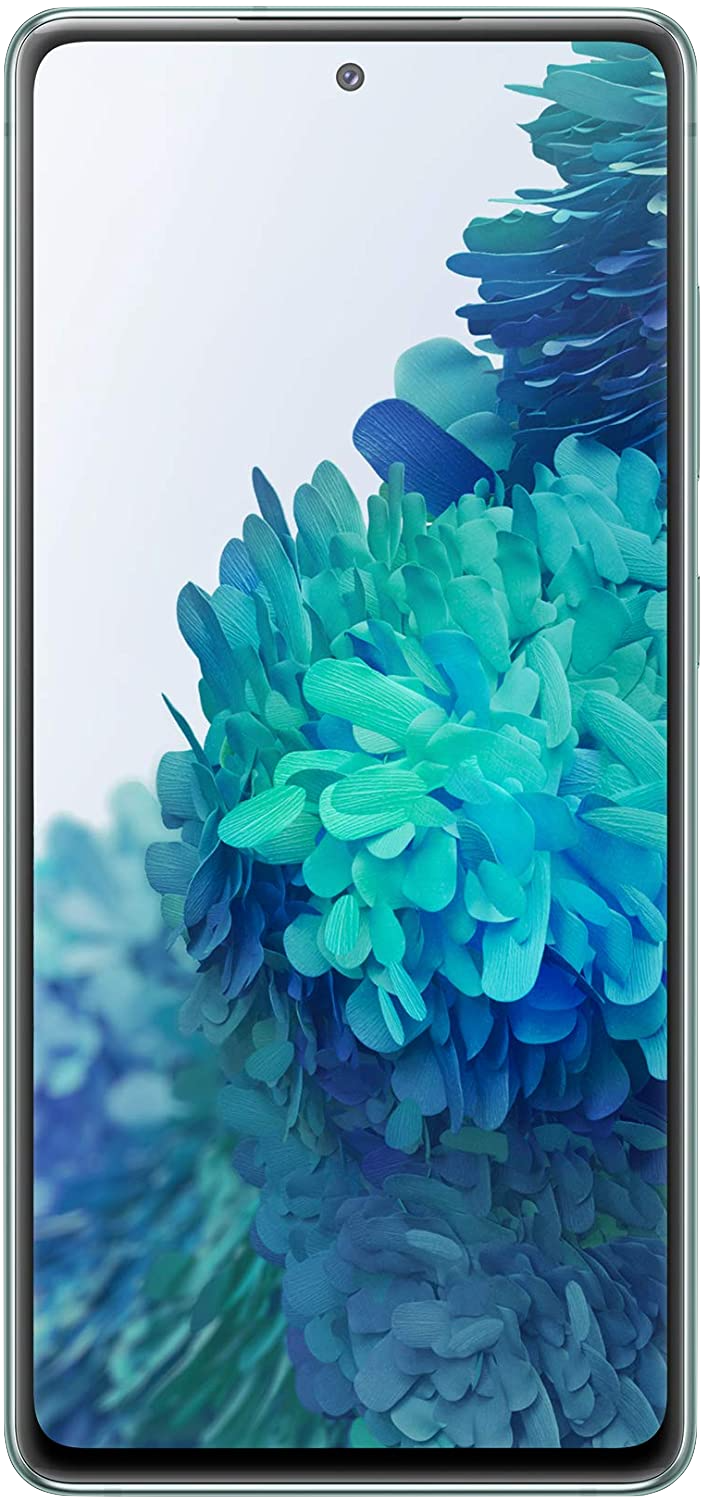Android phone updates aren't the source of anxiety they used to be
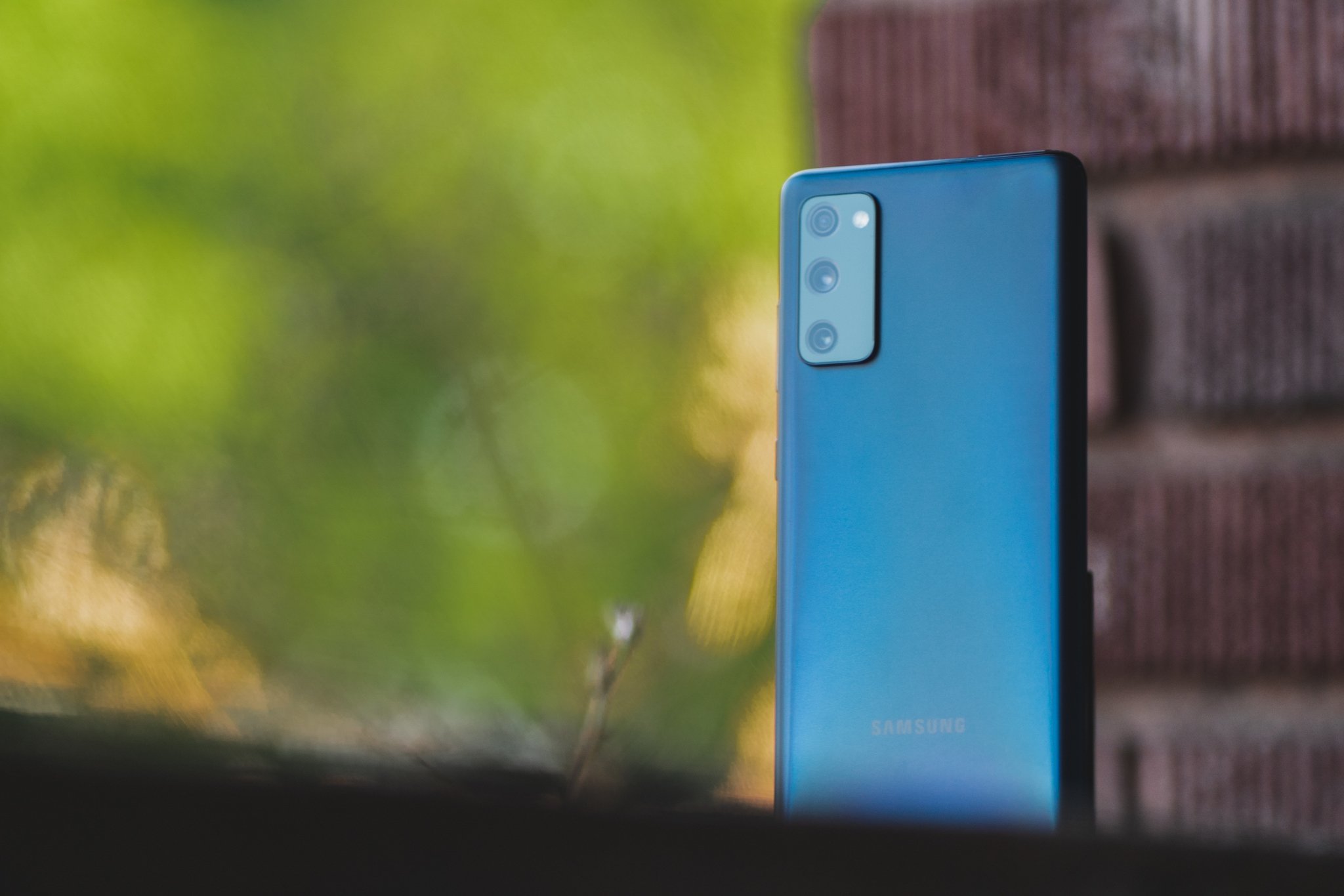
We talk a lot about the best Android phones here and a lot goes into those evaluations. From displays to battery life to cameras, smartphones are complex devices that are more than just their specs on paper. One factor that is talked about in more hardcore portions of the fanbase is updates, i.e. how long will a phone be supported.
In years past, update anxiety for Android phones was a real thing. Flagship-tier devices were often supported well enough, but mid-range and budget options could be left by the wayside shortly after release. Some might get updates and security patches months later, which I guess is better than nothing.
The point being, it was a crapshoot whether your phone from these manufacturers would receive updates to last you the life of the phone. It always sucked when your phone hit end-of-life before your carrier contract was up (which is how I got into rooting and ROMing).
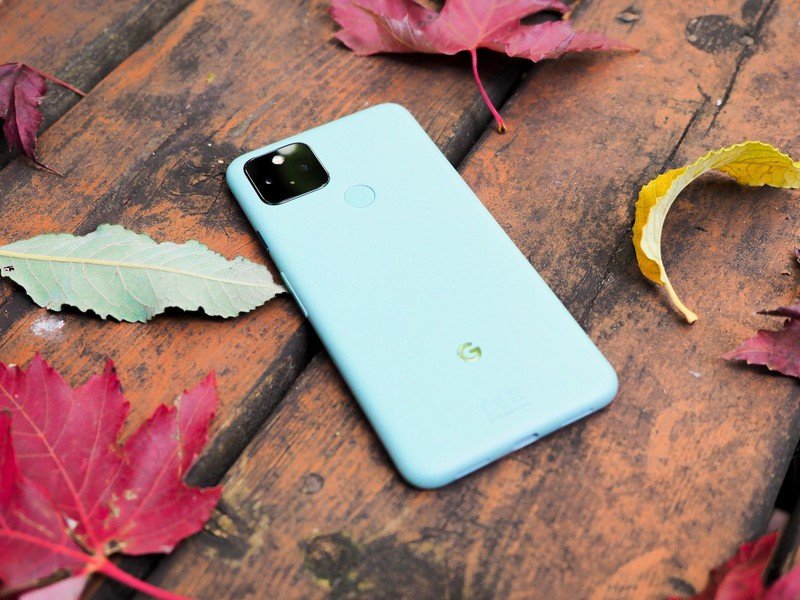
Google was usually the best of the bunch with its Nexus and later Pixel families. OnePlus followed up eventually, getting better about longer and more timely support (and kicking off the Open Beta program). Internationally, Xiaomi has also usually handled updates well, too. But then you had the problem children, like Huawei, LG, and Samsung. None are as bad in 2020 as they were in the past, but that feeling of distrust is hard to shake off.
The good news is that things are improving. We're seeing more and more Android phones supported longer, with Google still leading the charge. Samsung has committed to three years of OS updates for some of its devices, which is crazy. It's almost like Android update anxiety may finally be going by the wayside, at least for flagship-tier phones.
The good news is that things are improving. Android update anxiety may, almost, go away soon.
Earlier, I mentioned that you typically only hear discussions about Android updates in the more avid fanbase, or from us who live and breathe this stuff for a living. Phones have received either praise or warnings in their reviews for the possibility of long-term support before. I reviewed several phones a while back where I cautioned people against purchasing them simply because I couldn't guarantee the device would see new updates and, arguably more importantly, security patches. I couldn't in good conscience recommend a phone if the company behind it wouldn't commit to supporting it.
This is a conversation we've had since the early days back when having the latest version of Android meant more than it does now. I think there's less emphasis nowadays on having, say, Android 11 when Google updates so many pieces separately through Play Services. One could argue that, assuming security patches are put out regularly, the version of your phone's operating system is less important now than in the old days.
Be an expert in 5 minutes
Get the latest news from Android Central, your trusted companion in the world of Android
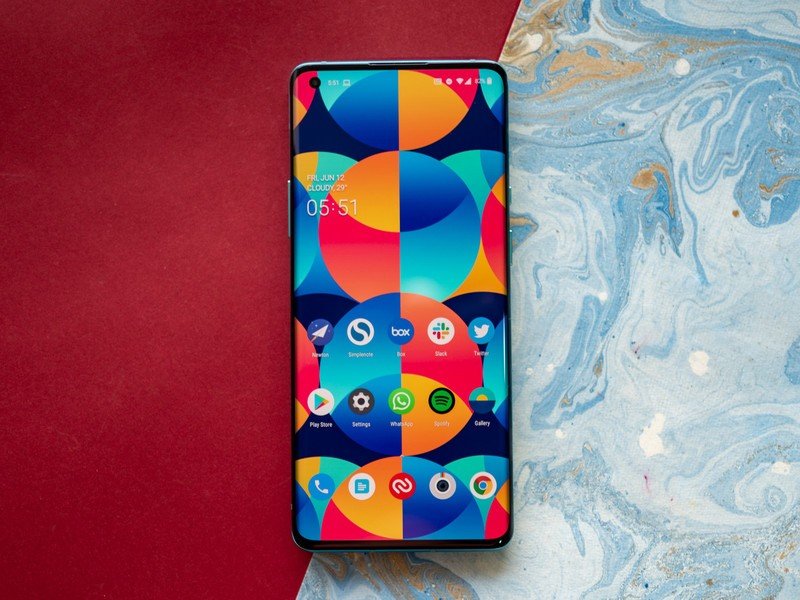
Of course, we can't talk about updates without mentioning the elephant in the room. Apple is king about supporting its devices, even ones as old as the iPhone 6S. Honestly, that's one of my biggest jealousy points when I look at Apple's phones. Your iPhone is more likely to go longer than your Android device, even a Pixel (RIP Pixel 2).
Despite its faults, and we could discuss them all day, Apple crushes any Android manufacturer when it comes to updates. I recently picked up an iPhone 8 with a bad battery. Got it fixed for some cash at my nearby Apple Store and I had what felt like a brand new phone, especially with a fresh installation of iOS 14 on it. This device has a few years left on it and while I have my gripes with iOS itself, I think I can almost live with them. It's just weird to think it'll be supported probably as long as my Pixel 4 XL with OS updates, if not longer.
This isn't, however, me griping about the problems you'll often find on Android devices. Hell, I use Pixels and they're no strangers to poor decisions and weird bugs.
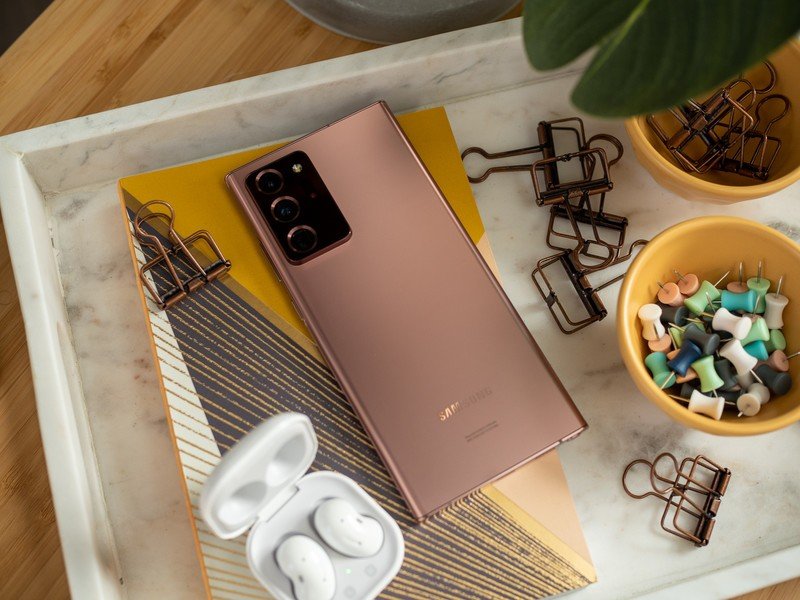
So why does this matter? I've made it clear this is something we Android nerds think about, and it is something we discuss. Most people care about their phones working right and even I, a long-time Android fan and writer about the topic, have to agree with them. Even if the regular consumer doesn't care about having the latest software, manufacturers making sure that they do with regular security patches and annual OS updates is quite admirable.
It gladdens my jaded heart to see that the pessimistic, younger me was wrong about Android updates never improving for the masses, like I was about so many things. I suppose that's the beauty of getting older, you can look back at just how wrong and stupid you were. I digress.
Younger me was wrong about Android updates not improving. I'm glad.
I used to loathe Samsung and TouchWiz and I don't think I was alone in that. But with how far the company has come, both in terms of software support and software quality, I think I might give them a running shot at my providing my next phone when it's time to upgrade. Once again, I digress.
Android software updates are still kind of a nerdy thing to talk about, but I think it's always been an important discussion even if we can't get excited about the nickname of the next version anymore. Family and friends have long sought my advice on which phones to buy, given my passion and knowledge about the Android ecosystem, and I've always stressed the importance of updates — not just for features, mind, but also for security's sake — and recommended phones that met that criterion. I'm sure many of you reading this can relate.
So keep on fighting the good fight. Keep your loved ones and friends at least vaguely interested in updates to their phones, even if you're just telling them about some cool new feature(s) that they can try out. Android update anxiety may never go away, but at least it's better now than it's ever been.
